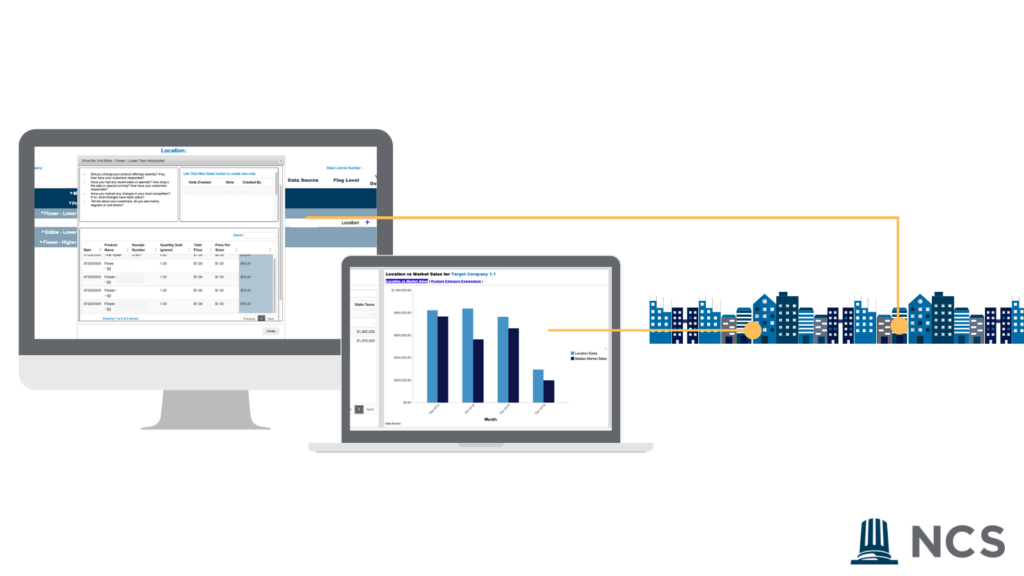Any financial institution looking to start a cannabis banking program should first review their due diligence (or know-your-customer) programs. Many existing CRB programs across the country succeed by partnering with their state or local governments and their BSA (or compliance) teams to provide the highest level of transparency, but not without the legwork of establishing reliable procedures.
While the initial steps of any compliance program start with preliminary customer due diligence, many times, consistent, ongoing monitoring falls by the wayside because it can be overly time-consuming.
Customer Due Diligence (CDD)
The processes and procedures established to understand the nature of each customer relationship to detect and report unusual or suspicious activity. CDD policies document clear job duties and standards for obtaining and retaining information during initial onboarding.
Enhanced Due Diligence (EDD)
Follows an already established Customer Due Diligence program but with heightened documentation and data requirements from high-risk customers that pose a higher money laundering or terrorist financing risk (thus a higher risk exposure to the financial institution).
Ongoing Monitoring
A component of CDD or EDD programs. Maintaining and updating customer information, including corporate structure, beneficiary or ownership changes, and identifying and reporting any suspicious transactions for updated risk analysis on a defined schedule. Other common components of ongoing monitoring steps include:
- Regular onsite visits
- Negative or adverse media checks
- Customer Vendor validations*
- Advertised pricing versus sales receipts*
- Transaction Reviews*
- Inventory Reviews*
*The NCS Platform has features that support this policy
These programs must go further with CRB (cannabis-related business) portfolios due to their inherent risk. While ongoing monitoring can be time-consuming, with the NCS Platform, most of its components are available immediately without having to wait for your customer to provide documentation.
